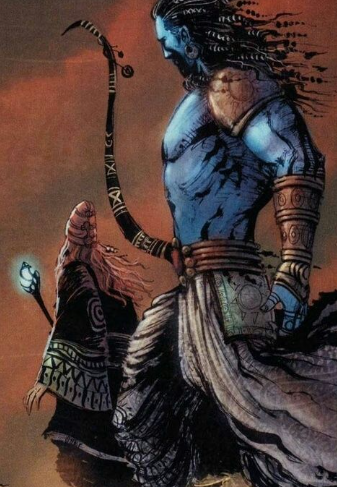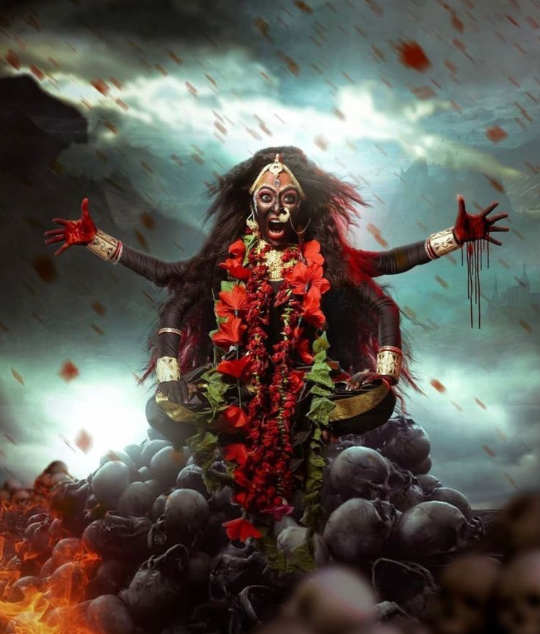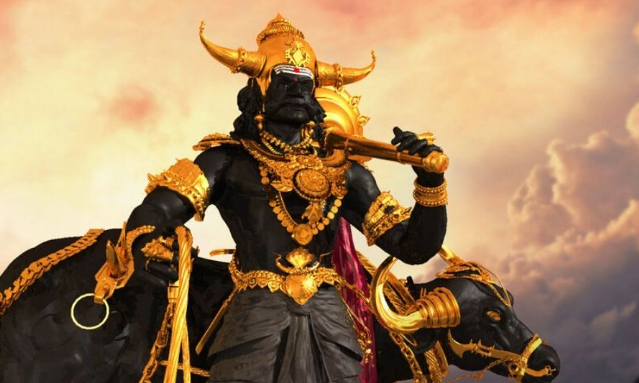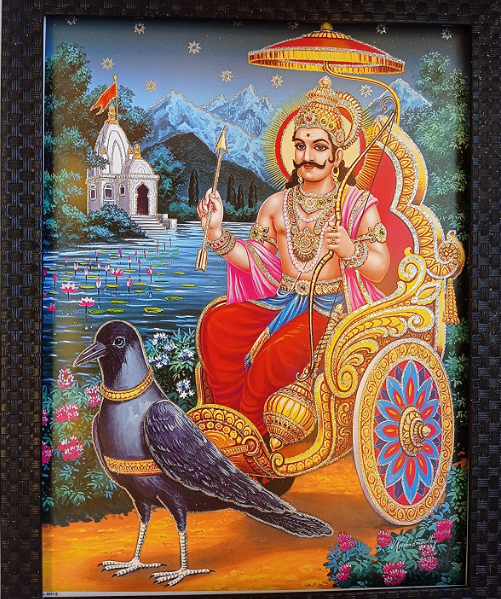Hinduism, one of the world's oldest religions, is a diverse and complex system of beliefs that includes numerous gods and goddesses. These deities have been worshiped by Hindus for thousands of years, and their stories and teachings continue to influence Hindu culture and society. Here are the top 20 powerful gods in Hinduism:
Brahma - The creator of the universe and the first member of the Trimurti.
Vishnu - The preserver of the universe and the second member of the Trimurti.
Shiva - The destroyer of the universe and the third member of the Trimurti.
Ganesha - The god of wisdom, knowledge, and new beginnings.
Hanuman - The god of strength, courage, and devotion.
Krishna - The god of love, compassion, and devotion.
Rama - The god of truth, righteousness, and devotion.
Kali - The goddess of destruction, transformation, and liberation.
Saraswati - The goddess of knowledge, music, and the arts.
Lakshmi - The goddess of wealth, prosperity, and happiness.
Durga - The goddess of power, courage, and protection.
Parvati - The goddess of love, fertility, and devotion.
Indra - The god of thunder, rain, and war.
Varuna - The god of the sea, the sky, and the law.
Yama - The god of death, justice, and karma.
Agni - The god of fire, the messenger between gods and humans.
Surya - The god of the sun, life, and light.
Chandra - The god of the moon, beauty, and inspiration.
Shani - The god of karma, discipline, and justice.
Vishwakarma - The god of architecture, engineering, and craftsmanship.
Each of these deities plays an important role in Hindu mythology and represents different aspects of life, from creation and destruction to knowledge and prosperity. Hindus worship these gods and goddesses in various forms, such as statues, images, and symbols, and offer them prayers, rituals, and offerings. Their devotion and faith in these deities are an integral part of Hindu culture and tradition.
FAQs
Q: How many gods are there in Hinduism? A: Hinduism has a vast pantheon of gods and goddesses, and it is difficult to determine the exact number. However, some estimates suggest that there are over 330 million gods in Hinduism.
Q: Who is the most powerful god in Hinduism? A: There is no definitive answer to this question, as different Hindus may have different opinions on which god is the most powerful. However, some of the most widely revered and popular gods in Hinduism include Brahma, Vishnu, and Shiva, who are collectively known as the Trimurti.
Q: Can Hindus worship multiple gods? A: Yes, Hindus often worship multiple gods and goddesses, as they believe that each deity represents a different aspect of life and has a unique power or ability. Hindus may worship one particular god more than others, but they may also offer prayers and offerings to multiple gods.
Q: How do Hindus worship their gods? A: Hindu worship can take many forms, including prayers, offerings, rituals, and festivals. Hindus may offer flowers, incense, or food to their gods, and they may also perform puja (worship) ceremonies at home or in temples. Some Hindus also engage in meditation or yoga to connect with their gods.
Q: Do Hindus believe in reincarnation? A: Yes, reincarnation is an important belief in Hinduism. Hindus believe that the soul (atman) is eternal and is reborn in a new body after death. The quality of one's rebirth is determined by karma, which is the accumulation of one's actions and intentions in previous lives.
Q: Can non-Hindus worship Hindu gods? A: Yes, non-Hindus may worship Hindu gods and goddesses if they have a sincere interest and respect for Hinduism. However, it is important to be mindful and respectful of Hindu beliefs and practices when engaging in worship or participating in Hindu festivals or rituals.
Hindu mythology, Trimurti, worship, rituals, beliefs





















